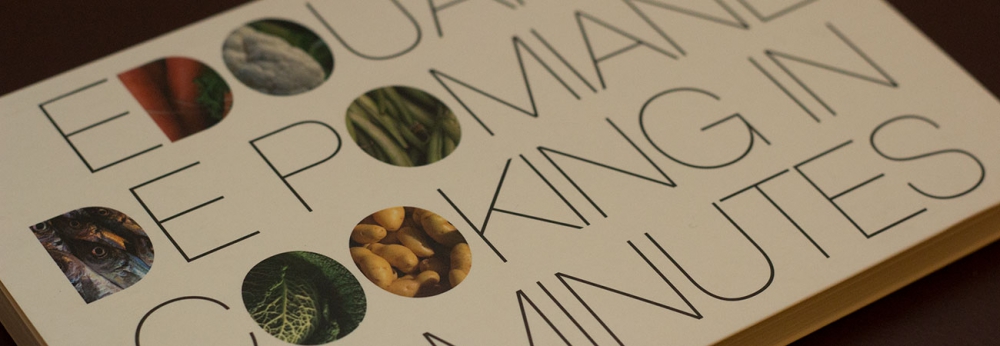Ahead of the game
Edouard de Pomiane was a man ahead of his time. Born in 1875 in Paris, making him almost precisely 100 years the senior to modern chefs like Jamie Oliver, he was a scientist, lecturuer, broadcaster and writer who recognised the underlying simplicity and joy that can be found in cooking and eating.
In his day, there was a commonly held belief that life had developed a rushed and frenetic pace, that people no longer had time to sit back and appreciate life. Combined with the perception that French food preparation was some kind of mystical art, one that had to be undertaken by a trained professional, de Pomiane realised that someone needed to break cooking down into easily manageable periods and simplify the processes to suit their modern lifestyles.
And so we have this book, which was first published in 1930 under the name ‘La Cuisine en Dix Minutes ou l’Adaptation au Rythme Modern’, or ‘Cooking in Ten Minutes or The adaptation to the rhythm of our times’ as the antidote to those conventions. The mouthful of a title belies the simplistic soul of the book, which is de Pomiane’s agenda to approach cooking with refreshed clarity and speed, to ensure that you have time to sit back, relax and consider life.
Modern life spoils so much that is pleasant. Let us see that it does not make us spoil our steak or our omelette. Ten minutes are sufficient – one minute more and all would be lost. Edouard de Pomiane
Cooking, simplified
Reading the book, I was scooped up and whisked along with his charm and unassailable lightness of touch, which entices the reader to avoid getting drowned in the detail of cooking. This book really is the antithesis of modern day cookery communication and oversharing. He writes with an elegant brevity which inspires confidence, writing from the perspective that you can easily make this food with little instruction, it is actually very straightforward.
The recipes themselves are extremely simple and quick, meaning it’s a book you can sit down and read through pages and pages of recipes without tiring. A slight a hint of decadence creeps in on occasion, such as the recipe for oysters and sausages which recommends eating a hot sausage followed by a cooling oyster, then finishes with the four word sentence “White wine, of course”.
And alongside this, he accords great ceremony to some of the most simple dishes, such as the recipe for boiled eggs:
“…without waiting a second slice off the tops and eat them with crisp bread, fresh butter, the finest sauce and a glass of cool dry white. This is a feast.”
Few of the recipes have precise ingredient lists, sometimes weights and quantities are just insinuated, as the important part of the process is the cooking and eating, and I’m sure de Pomiane would have little time for precision in measuring unless absolutely critical.
As you work through the book, you find at the heart a dear old gent, whose ego is kept out of plain sight, so as to truly give himself over to you, the reader, to help empower you.
I love my book because I am writing it for you. Edouard de Pomiane
The ceremony of eating
Lastly, to fine tune your dining experience, there is some guidance in the serious matter of decorum. Such as advising you never to let a guest help in the kitchen as it creates “an atmosphere of chaos and destroys the repose which should follow a good meal”. With a hint of romanticism there are also gems such as recommending that your gramophone is “singing very softly a tango or rhumba”, which leaves you pining for that elusive, more straightforward time, the joy of simple food and time to enjoy it.
(Ratings are out of five stars) Reviewed by Gavin Wren
and all good bookstores.


